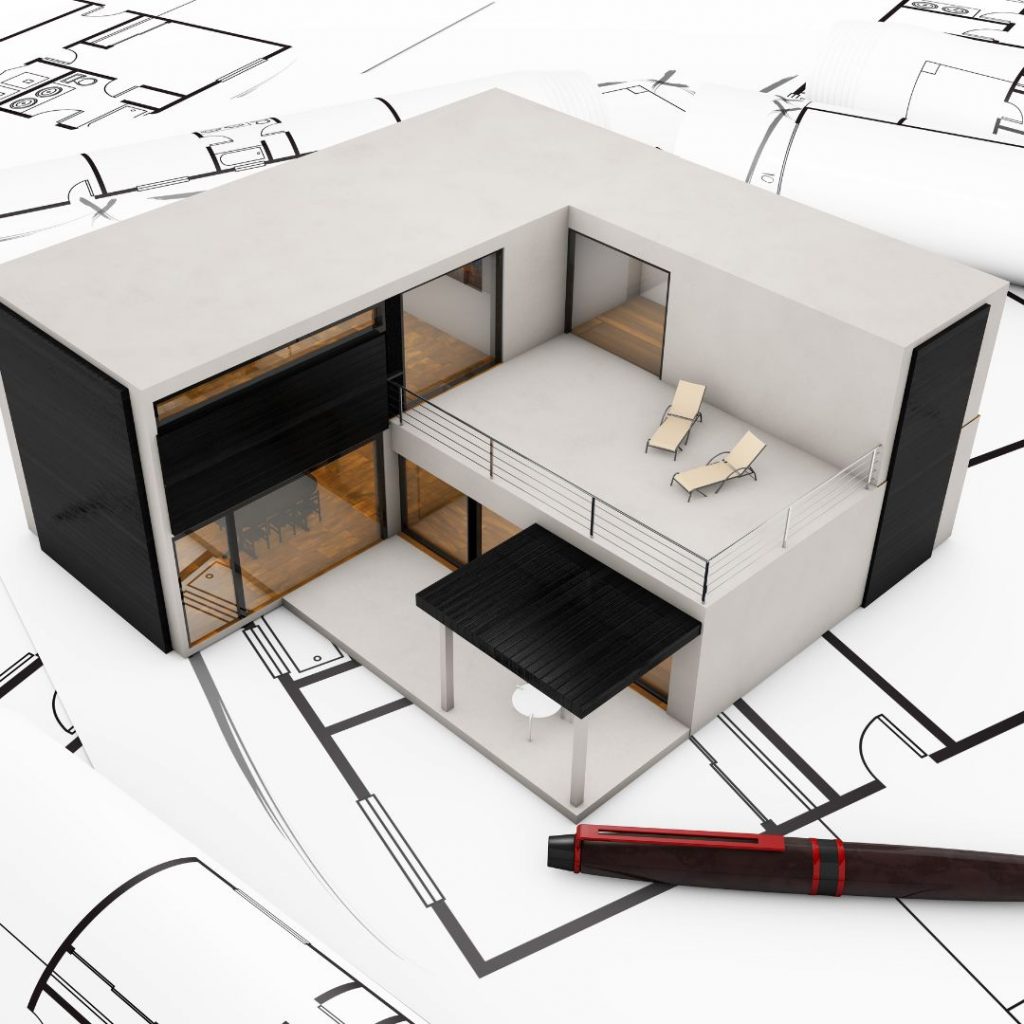In Spain, only 1% of industrialized single-family homes are built (between 800 and 1,000), but it is estimated that they will reach 10,000 units by 2024 and will represent 40% of the total by 2030. These data, collected by the Cluster of Building, represent a real revolution in the sector, which must change its paradigm to improve its competitiveness, resilience and contribution to a much more sustainable environment, and which must affect all types of housing and new buildings.
It is a global trend that will mean that in less than a decade the construction of industrialized houses will surpass traditional ones in most developed countries. The international congress European Building Summit Barcelona (EBS), which will take place at the Construmat framework, on 24 and 25 May at Fira Gran Vía, will be one of the promoters of this revolution thanks to the assistance at the summit of leading experts in the sector and in the collaborative work methodology BIM (Building Information Modelling) at European and world level, who will provide solutions, proposals and the latest developments in what is known as Construction 4.0.
Industrialized and off-site construction (carried out outside the work) is the alternative to solve the sector’s problems. It is the sector that consumes the most energy and resources and pollutes the most, responsible for 40% of CO2 emissions in Europe. In addition to the lack of more qualified labour, high accident rate, significant cost overruns, waste of material, delays in execution times, a poor use of technology and a large stock of obsolete housing. At the same time, a new, more effective and efficient building system is also essential in order to be able to meet the demanding European environmental objectives. In fact, the European Union has already marked 2050 as the year in which the Old Continent must reach zero carbon and fossil fuel emissions.
The EBS Barcelona also does not forget the energy rehabilitation of existing buildings. Until 1969, in a first phase, and after an update in 2006, Spain had no fixed regulations on insulation (acoustic, thermal…) of the habitats, so there are currently 27 million buildings to be renovated in order to reduce energy consumption and become more sustainable. From Europe, the Green Deal and Renovation Wave programs seek to improve the energy efficiency of buildings through Next Generation funds, of which Spain allocates 7,000 million euros to renovate neighbourhoods. The Col·legi de l’Arquitectura Tècnica de Barcelona (Cateb) is one of the renovation agents, along with the rest of the professional associations of architects, which provide information and assessors to obtain the aid of the Next Generation.
Based on these premises, the EBS Barcelona 2023 program has been structured around four key axes, linked and connected to each other: sustainability, industrialization, digitalization and energy renovation of buildings. At the same time, the main experts in the sector have been brought together to provide proposals and solutions. The program of the summit combines the most professional and academic part, with the practical presentation by companies that will explain how they put into operation the measures that will lead the sector towards a Construction 4.0, “which allows ‘making houses’ in a safer way, with a more transparent process and significantly reducing unforeseen events, cost overruns and delivery times”, according to Ignasi Pérez Arnal, CEO at BIM Academy.






